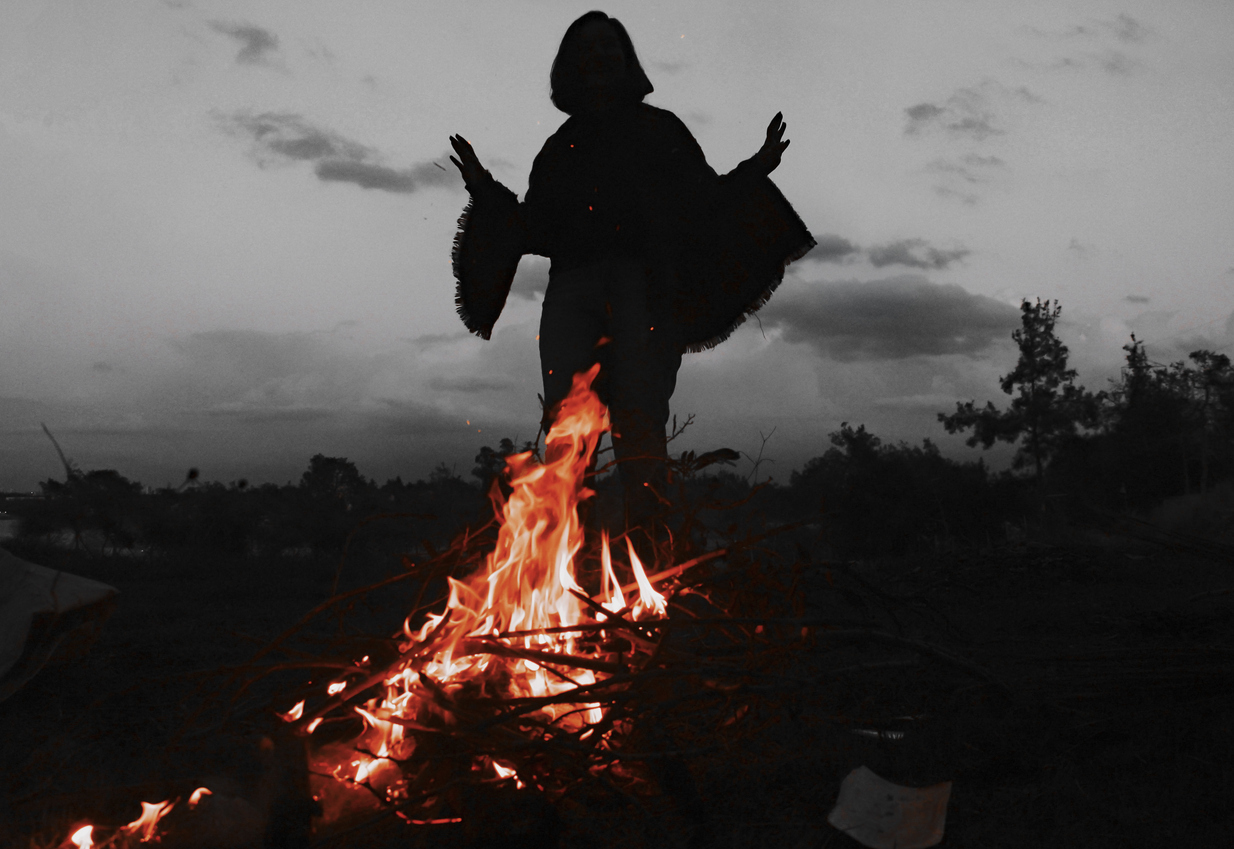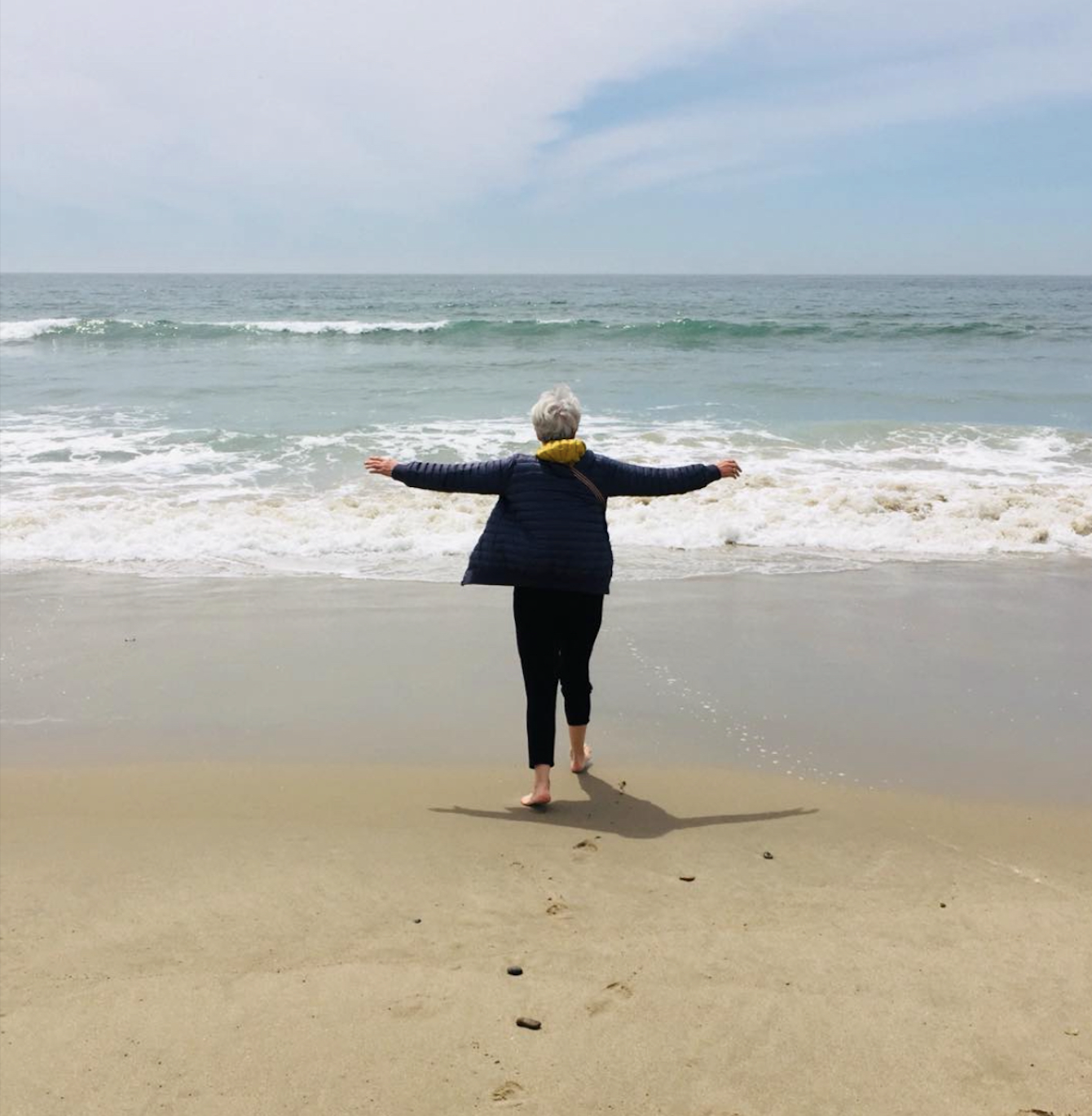
February 28, 2005
Fear and Loathing in Pen and Ink
Ralph Steadman, Drawing from Fear and Loathing in Las Vegas: A Savage Journey to the Heart of the American Dream by Hunter S. Thompson, 1971
When I learned last week of the death by suicide of journalist Hunter S. Thompson, the first thing that came to mind wasn’t a piece of writing, book title, or turn of phrase. It was the work of his longtime collaborator Ralph Steadman. I’m sure I wasn’t alone. Violent, anarchic, hallucinatory, Steadman’s vivid drawings always seemed to me to capture Thompson’s psyche better than his own prose did.
Has there ever been a writer so indelibly associated with one artist’s work, or vice versa? Given the association of Thompson’s brand of Gonzo Journalism with the world of rock and roll (Rolling Stone was a favored outlet), this may not be surprising. In recorded music, those kinds of partnerships are commonplace: think of Neon Park and Little Feat, Pedro Bell and Parliament/Funkadelic, Roger Dean and Yes. As Hunter S. Thompson mutated from writer to rock star, it was Steadman’s inky hand that provided the gaudy costumes.
The two first met when the editor of Scanlan’s decided to pair them for a story on the Kentucky Derby. At first Thompson was startled to find himself saddled with the dyspeptic twenty-something son of a Welsh miner’s daughter and an English traveling salesman. (Thompson later told an interviewer, “I don’t think he even liked the idea of this country, much less the reality.”) But the combination was fruitful. As Steadman told the Guardian last week, “He realized that I was looking through a glass darkly, seeing things I’d never seen before, like southern people enjoying themselves in a weird and wonderful way. It was fresh and alien to me, so I became a conduit for him. That’s how Gonzo started.”
Ralph Steadman transformed Hunter S. Thompson from a mere writer you could read, to a brand you could experience, to a lifestyle you could — at your own peril — call your own. Steadman’s legacy of drawings provide the perfect wordless epitaph.
Observed
View all
Observed
By Michael Bierut
Recent Posts
A quieter place: Sound designer Eddie Gandelman on composing a future that allows us to hear ourselves think It’s Not Easy Bein’ Green: ‘Wicked’ spells for struggle and solidarity Making Space: Jon M. Chu on Designing Your Own Path Runway modeler: Airport architect Sameedha Mahajan on sending ever-more people skyward



